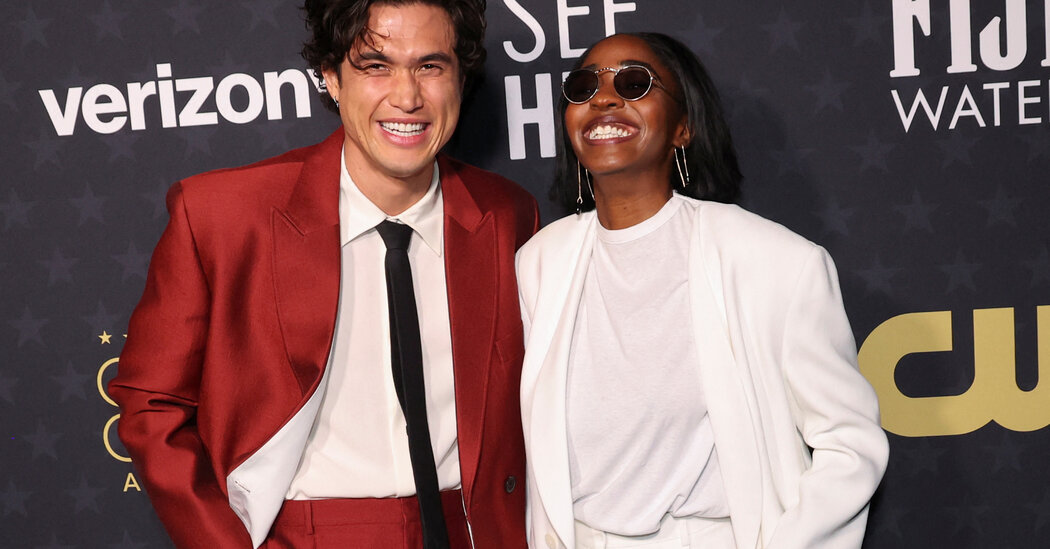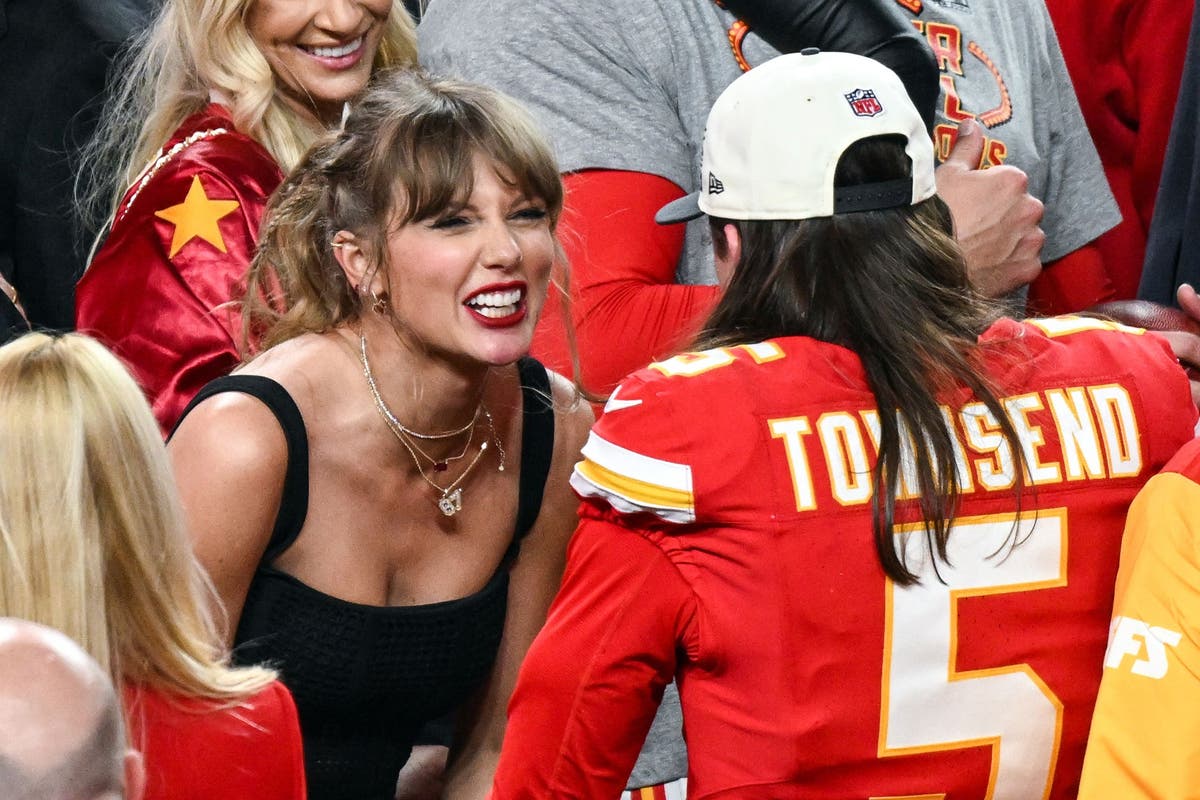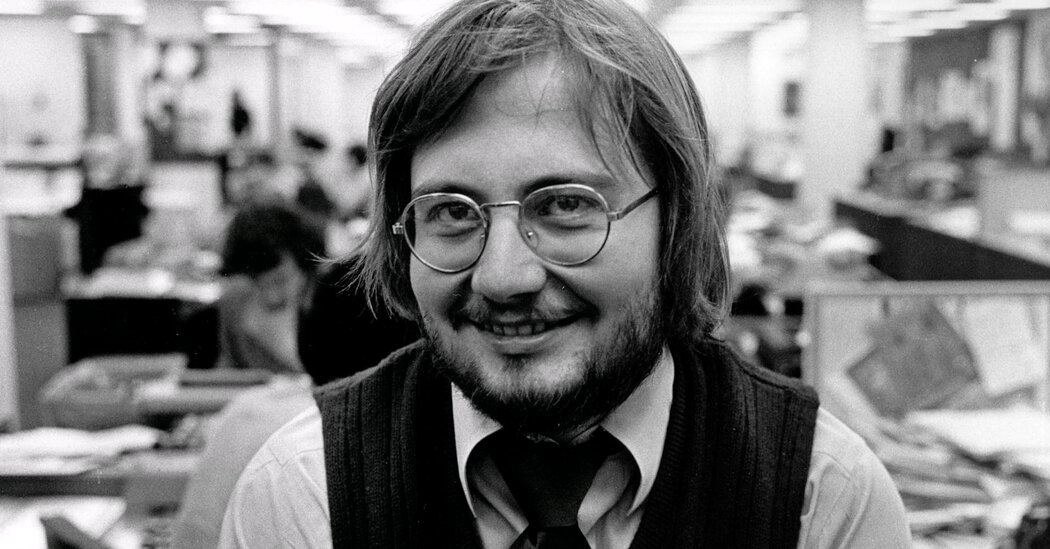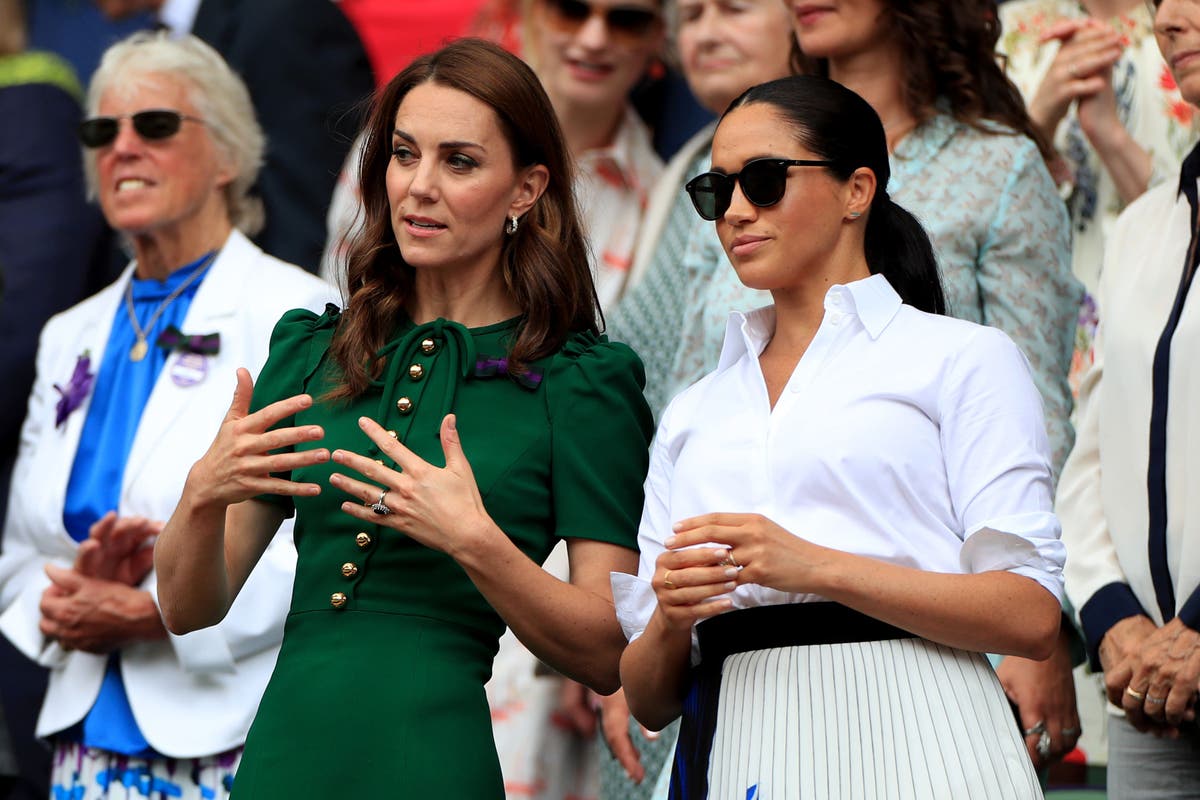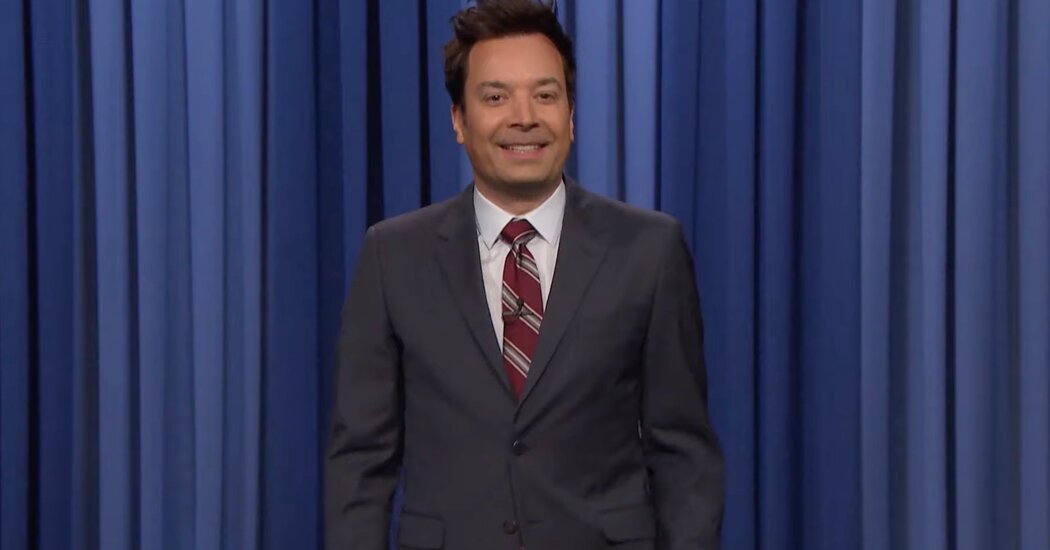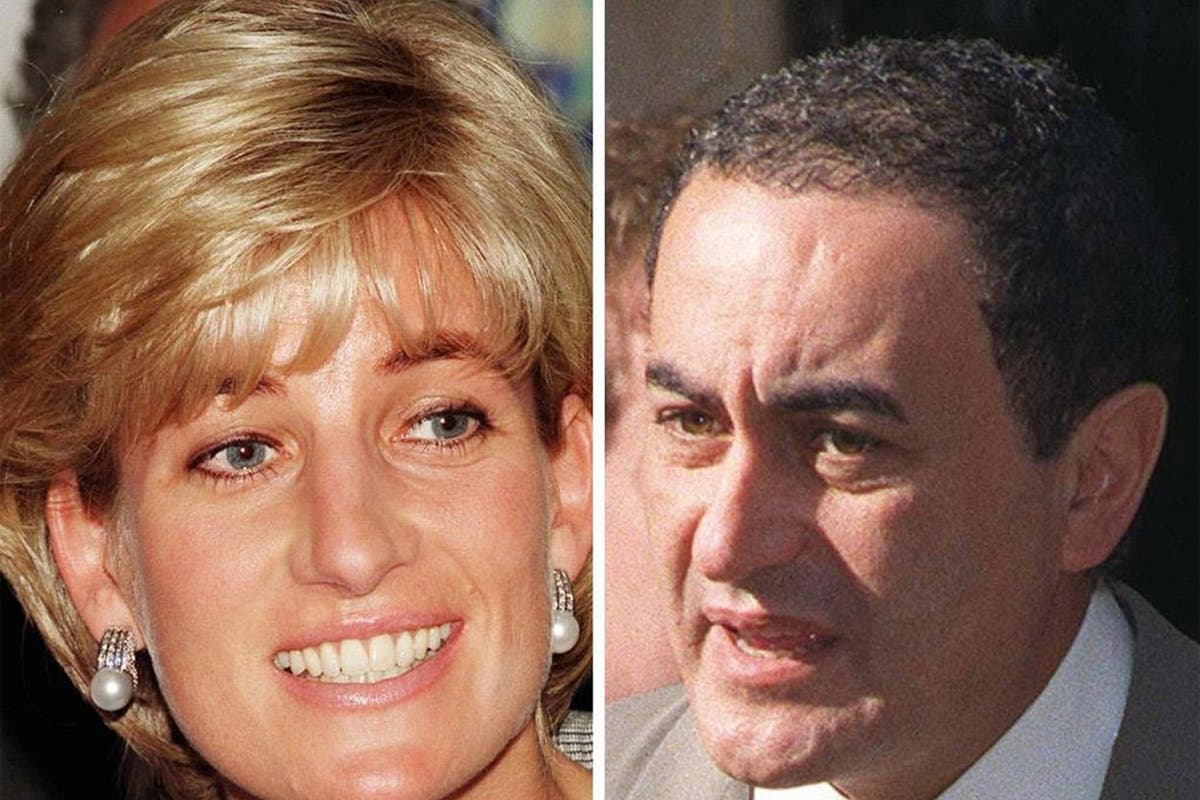YesOh the word “widow,” and Sophie Ransom isn't the kind of person who springs to mind. For a start, she's young – just 26 years old. The project manager from Cambridge is also mother to a five-month-old daughter, Poppy, having been 17 weeks' pregnant when her husband, Paul, died suddenly in an accident last May. The couple had been married for just six months.
“We were still in newlywed bliss, so excited for what was to come – we were the happiest we'd ever been,” she tells me.
It's one of the most nightmarish scenarios many of us could imagine – unexpectedly losing our life partner with a baby on the way. So much so, that young widows face unique challenges and stigmatization, according to Sophie.
“What I find really hard is that I can't relate to most other widows – they tend to be older people,” she says. “It makes me feel like a fraud because we were only married for six months (although we were together for seven years). I can't relate to people who've been married for decades; it's a tricky one to sit in.”
Meanwhile, she's in a completely different position to her friends, who are now beginning to couple up and start families – the life stages Sophie was going through too, before everything was shunted sideways. “My friends often walk on eggshells around me – I feel like they don't want to share the happy times because they don't want to upset me. But that makes it worse.
“I don't fit in with the widow community but I don't fit into my old life either.”
Sophie and Paul had been married just six months when he died
(Sophie Ransom)
Sophie is in the same position as around 20,000 Brits under the age of 50 who lose their spouses each year. My own mother was one of them 25 years ago – we lost my dad to cancer when she was just 46. It's why the charity Widowed And Young (WAY) was set up – as a means of helping people struggling with this particular set of circumstances , connecting them through a peer-to-peer support network online, over Zoom and via real-world meet-ups.
The charity “saved my health and saved my life,” says Nicky Wake, 52, who lost her husband Andy three years ago, following a catastrophic brain injury and a period of prolonged illness. She tells me warmly of the “army of widow warriors” she met through WAY: “To know you're not alone and that there are other people going through it is huge.”
Being young throws up an extra set of struggles alongside the grieving process. “As a young widow, you feel robbed. You don't just lose the person you love, you lose the future you had planned,” says Nicky.
Perhaps one of the most difficult stigmas to deal with, though, is returning to the world of dating having been widowed young. With their whole lives ahead of them, the women I speak to – and it is all women who have volunteered to share with me their experiences – they have thought about it, dipped their toe in or, in some cases, found new relationships since their spouses died. But it's fraught with far more issues than simply deciding whether to swipe left or right.
Nicky Wake started the Chapter 2 dating app after the death of her husband Andy
(Nicky Wake)
Shalini Bhalla-Lucas, a 48-year-old holistic healer and coach whose husband Jeremy died of kidney cancer in 2016, had so many noteworthy encounters she wrote a book about it. Entitled Online Dating @ 40, it charts her experience of speaking to more than 50 men and dating 21 of them over the course of seven months. The decision followed a Damascene moment during her father's funeral.
“I had this vision of Jeremy and my dad up in heaven, having a beer together,” she says. “And I realized that those men had really fought to live, and here I was throwing my life away: I was drinking too much, I was eating really badly, I was abusing painkillers, I wanted to kill myself. “I thought, I absolutely owe it to Jeremy to live my life.”
She built a cabin in Kenya, learned to ride a motorbike, toured Sri Lanka – and joined six dating apps. When she started out, Shalini was mainly looking for casual fun – in particular physical intimacy. “There's this thing called 'widow's fire', where you want companionship, but also you just really want sex. I wanted someone to hold me; “I needed that release.”
According to Shalini, she was “a bit of a player. And I was unapologetic. And I had fun.” While many of her experiences were positive, she did encounter some judgment due to her widow status. One man told her on their first date that she would “never love anyone else again.”
Shalini is determined to live life to the full after being widowed at 40
(Sian T Photography)
Nicky found dating apps to be such “Wild West” territory – “full of dick pics and married men!” – that it prompted her to set up an alternative for widowed people in 2022, called Chapter 2. “With regular apps, there's the difficulty of when do you tell people you're a widow? You don't want to put it on your profile in case you get catfished. And telling someone on the first date is the biggest passion killer ever. “I thought there must be an app for widowed people – but I checked the app store and found there wasn't.” Already an entrepreneur, she spotted a gap in the market; Chapter 2 now has 7,000 members.
“Just last week I got an email from a couple who met on the app telling me they'd got engaged and had set a date for their wedding,” Nicky says, palpably excited. “If I can help people find joy, that gives meaning to my loss. In my early grief, it was also lockdown – it was the world's worst time, I was in the depths of despair, I couldn't see much reason to get out of bed in the morning. This has given me a reason for being. Not all widows will be ready to date, but we're more than a dating site – we're a community.”
Nicky doesn't feel it's ethical to use the app herself, but she has met someone recently through work (things heated up, in classic fashion, at the office Christmas party). “I really hope he's my chapter two. I've got hope and optimism for the future,” she says. Although she, too, acknowledges the issue of potential suits being intimidated by the “ex.”
As a young widow, you feel robbed. You don't just lose the person you love, you lose the future you had planned
“Our house is full of photos of Andy,” she says. “We talk about him every day of our lives. It takes a big man to deal with that; “it's threatening.”
Shalini has had similar issues with her new partner Amar, a childhood friend who she reconnected with romantically in 2020. “It takes a very strong and compassionate man to go out with a widow, they've got to be pretty secure,” she says . “When I put myself in his shoes, it's a lot. I still go through milestones every year – anniversaries, birthdays – and they hit me like a brick.”
For Sophie, it's the reactions of friends and family that concern her when it comes to dating again: “It's something I want to do this year – I miss companionship. “I feel like I'm ready, but I don't know if I'm ready to hear everyone else's opinion about it.”
While her immediate family are supportive of her decision to date, she's not sure whether others will approve. “It's really hard when you feel one way, and everyone else feels a different way,” she adds. “Other people might think it's too soon.” But, as Shalini puts it, there is “no timeline for grief – no one can or should judge. It's lonely. Moving forward is hard. And until you're in that space, you never quite understand what it's like.”
Nikki says there's 'no such thing as a right stage' when it comes to dating as a widower, her husband Alex died in 2018
(Nikki Paul)
Nikki Paul is a 43-year-old doctor whose husband Alex – nicknamed “Fletch” – was killed instantly in a car crash in 2018. She was aged 38 at the time, with three children under the age of five, having moved into their “ “forever-house” in the country just two days before his death. She says there's “no such a thing as a 'right' stage” when it comes to dating – “it completely depends on personal circumstance.” Now in a happy relationship for more than two years, she says being widowed was the litmus test for whether men on dating sites were going to be the right fit: “I decided to treat online dating as a game. I was very happy with myself and how my life was, but I thought if I could find the right person that would be a bonus. “I came to see how people responded to me being a widow as a way of whittling down those who just weren't going to be right.”
It still throws up some unique relationship challenges – such as awkwardly explaining to her new partner that her husband's ashes were in a wardrobe in the bedroom – “but, having found the right person, he isn't fazed by those things,” says Nikki .
Our magic is in our ability to live for the moment; other people can get stuck in the day-to-day
One final hurdle that can be hard to conquer is guilt. According to a survey of 5,000 of Chapter 2's members, a surprising proportion had tried same-sex relationships for the first time in their lives following the death of a spouse. The reason? “They felt less guilty about doing that,” says Nicky, who admits she also wrestles with guilt. “I would never have chosen where I am – as widows, we never move on, we move forward. It's far from an easy world to navigate, but we deserve to find joy. Especially young widows, when our lives were snatched away.”
Sophie is already struggling with this feeling: “it almost feels like cheating on Paul in a way,” she says of filling out a dating profile. But she, like each of the impressively strong, fierce women I speak to, is confident that her husband would have wanted her to find happiness in whatever way she can.
And, despite the emotional challenges, there are unexpected benefits to dating a widow, too. “There are two collective terms for widows: an ambush and an avalanche,” says Nicky. “I love both – they beautifully describe what it's like being on a dancefloor with 50 widows. Our magic is in our ability to live for the moment; other people can get stuck in the day-to-day without ever realizing how grateful they should be for life. “We know life can and does change in a heartbeat.”


